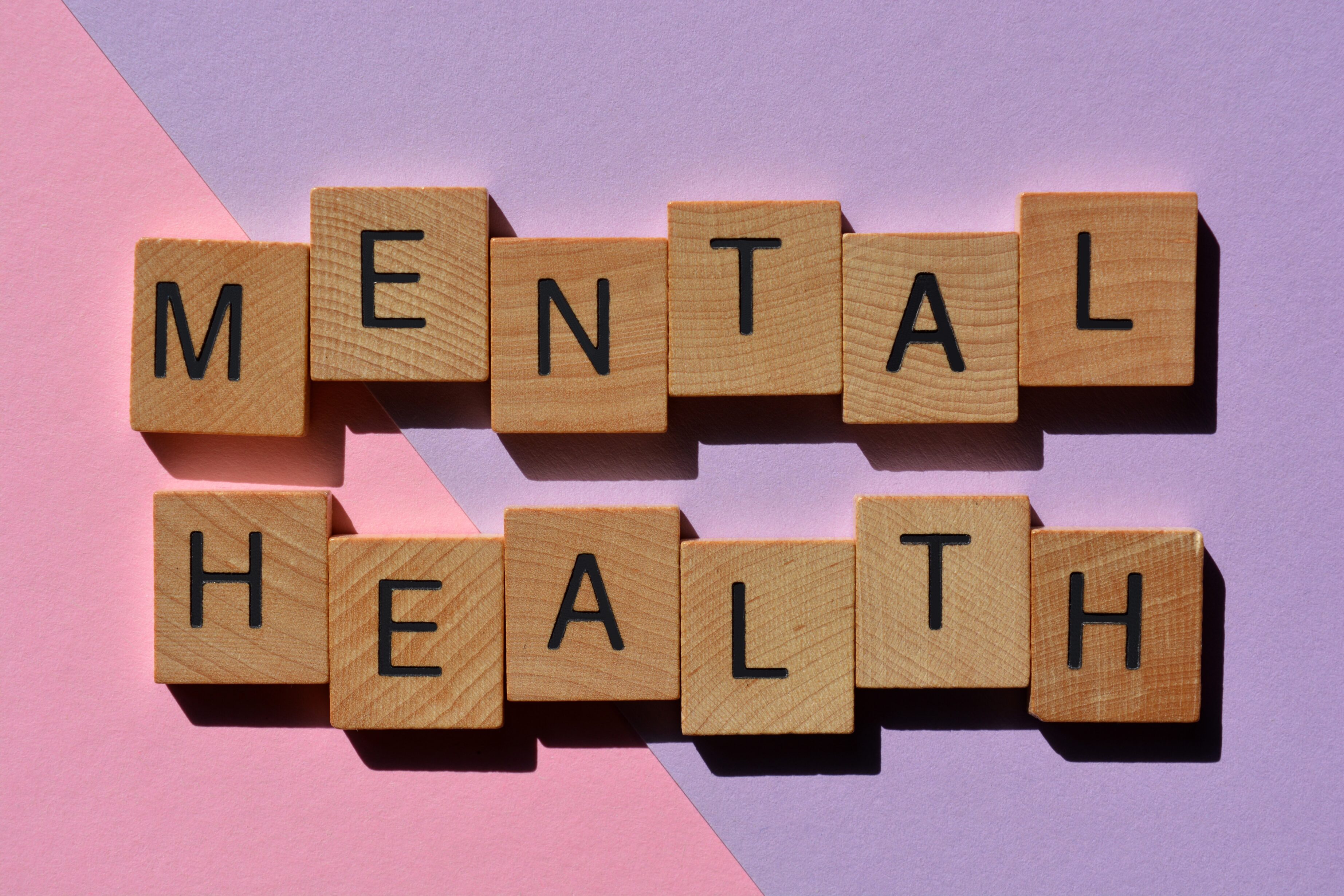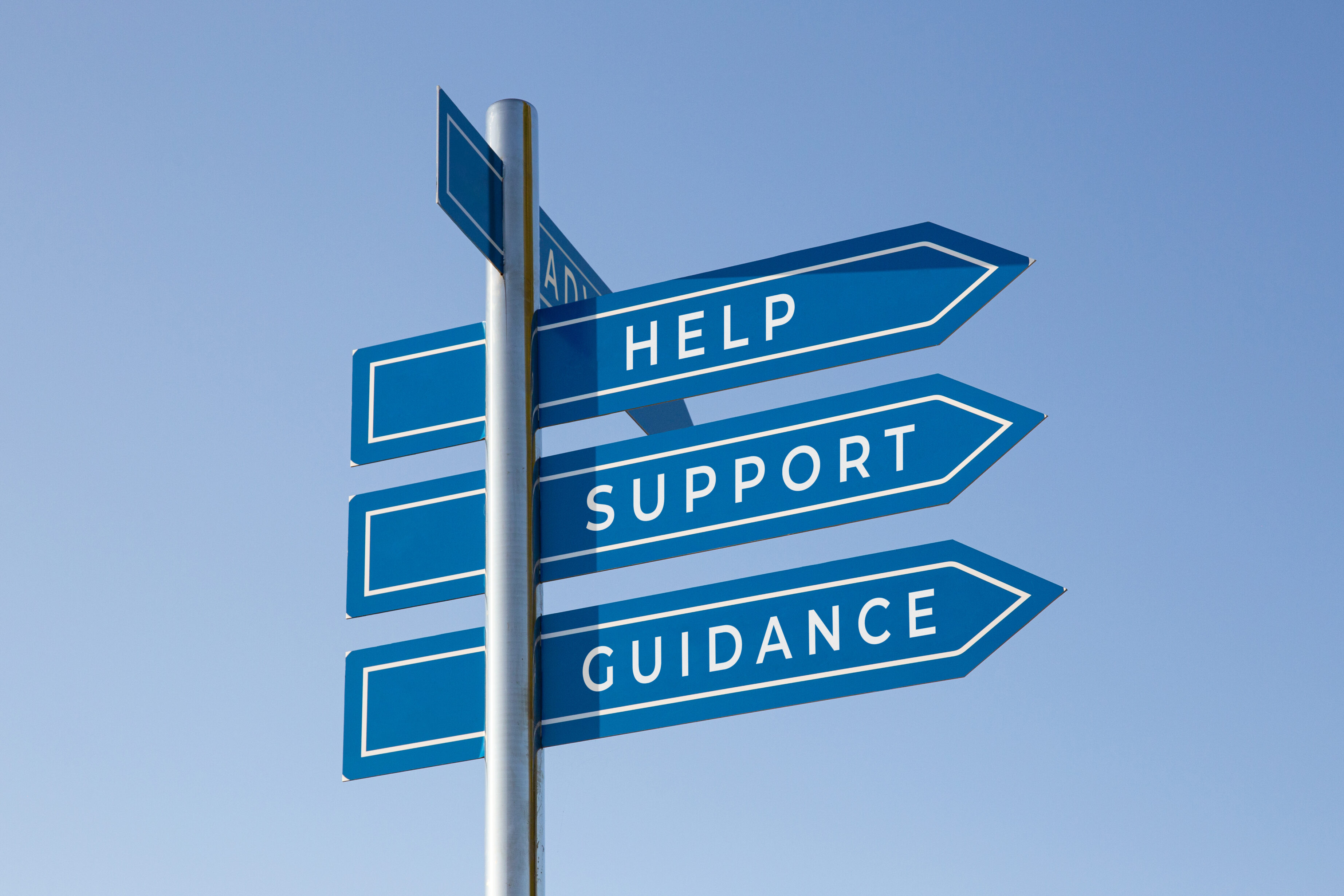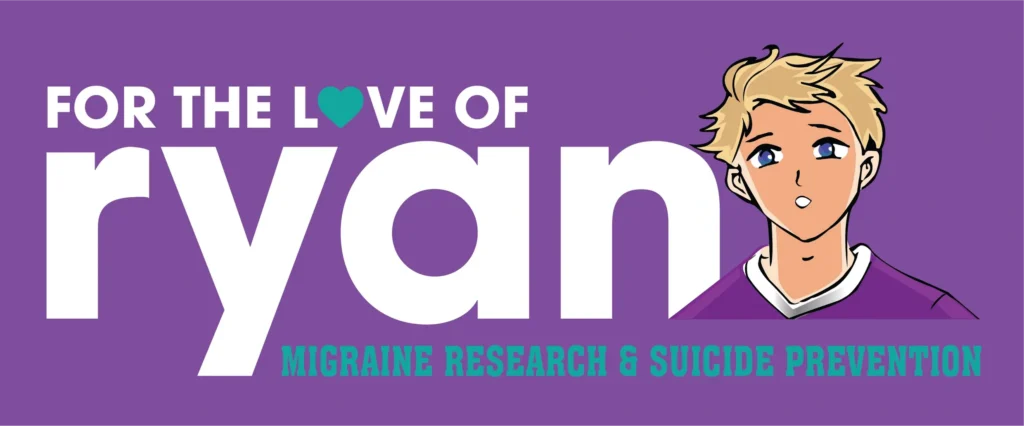In a world where mental health issues are increasingly prevalent, the role of advocacy in raising awareness, eroding stigma, and facilitating access to care cannot be understated. Advocacy provides a powerful platform for change, empowering individuals and communities to champion mental health and support those affected. This article offers a guide on how to become an advocate for mental health awareness, providing practical steps for those looking to make a difference.
Understanding Mental Health Advocacy
Mental health advocacy aims to influence public policy, societal attitudes, and funding priorities to improve mental health care and combat stigma. Advocates work at various levels—from local communities to global platforms—sharing personal stories, educating others, and pushing for legislative and societal change.
Steps to Get Involved in Mental Health Advocacy
- Educate Yourself and Others: Knowledge is power. Familiarize yourself with mental health conditions, treatments, and the challenges faced by those living with mental illness. Use this knowledge to educate others, dispelling myths and promoting understanding.
- Share Your Story: If you’re comfortable, sharing your own experiences with mental health can be incredibly impactful. Personal stories humanize the issue, build empathy, and can inspire others to seek help or get involved.
- Volunteer: Many mental health organizations rely on volunteers to run programs, organize events, and provide support. Volunteering is a direct way to contribute to the cause and connect with others who share your passion.
- Participate in Events: Join or organize mental health awareness events, such as walks, talks, or fundraising activities. These events serve as platforms for education, community building, and raising funds for mental health causes.
- Advocate for Policy Change: Engage with local, state, or national legislative processes to advocate for policies that improve mental health services. This can involve writing to representatives, supporting mental health legislation, or participating in advocacy days at government buildings.
- Use Social Media: Social media is a powerful tool for advocacy. Share information, resources, and personal stories to raise awareness and foster a supportive online community.
- Join or Form Support Groups: Support groups not only provide vital support to those affected by mental health issues but also serve as grassroots advocacy communities. They are platforms for sharing information, strategies, and collective action.
Building a Network of Support
Advocacy is not a solo endeavor. Building a network of like-minded individuals and organizations amplifies your voice and impact. Connect with mental health professionals, advocacy groups, and non-profits. Collaboration can lead to more significant, more effective initiatives and provides a support system for advocates.
Navigating Challenges
Mental health advocacy can be rewarding but also challenging. Advocates may encounter stigma, apathy, or resistance. It’s important to stay informed, be patient, and focus on the positive changes your advocacy can bring. Self-care is also crucial; ensure you’re taking care of your own mental health while advocating for others.
Joining Forces for Compassion and Change
Advocacy is the heartbeat of For the Love of Ryan, driving our mission to shine a light on mental health awareness. Each action taken, from educating oneself to volunteering and beyond, strengthens our community and broadens our impact. We invite you to join us in this crusade for compassion and change, contributing to a world where mental health is understood, valued, and nurtured. Together, our voices can break the silence and sow seeds of hope.









